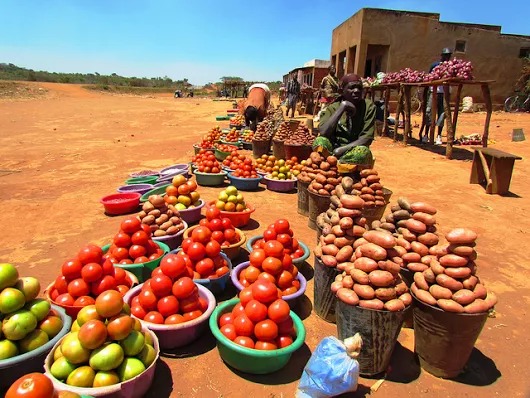Deadline: 06-Oct-21
The European Commission is inviting applications for Increasing the transparency of EU food systems to boost health, sustainability and safety of products, processes and diets.
Despite technological progress and the emergence of new approaches, solutions and methodologies, recent literature highlights continuing challenges in increasing the uptake of transparency solutions among food system actors. These include concerns about connectivity, interoperability, privacy, cost-efficiency and low consumer confidence in the technologies being deployed. In addition, many point to the fragmentation and complexity of food systems, the high number of SMEs and micro-companies, and the cross-cutting and systemic nature of transparency innovations as important reasons for the slow deployment of the solutions.
Objectives
Proposals should accelerate the deployment of transparency solutions in EU food systems, especially among micro-enterprises and SMEs, to boost health, sustainability and safety of products, processes and diets in the period to 2030, and drive climate action. In particular, proposals should facilitate innovations that increase transparency in support of six objectives:
- Improving the efficiency and effectiveness of traceability;
- Making it easier for people to adopt healthy and sustainable diets with a lower environmental and climate impact, by advancing innovations that provide and process transparency data across the food chain to support the implementation of the future EU framework for sustainability labelling;
- Making it easier for farmers and food businesses to increase the sustainability of their products and processes, and make them more nutrition-sensitive;
- Drastically improving the efficiency and effectiveness of food safety processes and procedures, within companies and beyond;
- Increasing the authenticity of products, and reducing food fraud; and
- Increasing the capacity of authorities and policymakers that deal with food safety, sustainability, nutrition and health to monitor the performance of different parts and processes of the food system.
Funding Information
The check will normally be done for the coordinator if the requested grant amount is equal to or greater than EUR 500 000, except for:
- public bodies (entities established as a public body under national law, including local, regional or national authorities) or international organisations; and
- cases where the individual requested grant amount is not more than EUR 60 000 (lowvalue grant).
Expected Outcomes
In line with the European Green Deal priorities and the farm to fork strategy for a fair, healthy and environment-friendly food system, the successful proposal will support R&I to increase transparency across food systems to boost health, sustainability and safety of products, processes and diets, contributing to the transformation of food systems to deliver co-benefits for climate (mitigation and adaptation), environmental sustainability and circularity, dietary shift, sustainable healthy nutrition and safe food, food poverty reduction and empowerment of communities, and thriving businesses.
Advances in R&I to upgrade transparency will provide multiple benefits relevant to improving food safety, fighting food fraud and addressing growing public concern in the EU as regards the climate, biodiversity and environmental impacts of food and diets in practice.
Projects results are expected to contribute to all following expected outcomes:
- accelerate the deployment of transparency innovations and solutions in EU food systems, especially among micro-enterprises and SMEs, to boost health, sustainability, and safety of products, processes and diets, and drive climate action; and
- ensure that future transparency innovations and solutions are demand-driven, systemic and cost-effective, and support the objectives of the EU farm to fork strategy and the EU Green Deal.
Eligibility Criteria
To be eligible for funding, applicants must be established in one of the eligible countries, i.e.:
- the Member States of the European Union, including their outermost regions;
- the Overseas Countries and Territories (OCTs) linked to the Member States;
- eligible non-EU countries:
- countries associated to Horizon Europe;
- low- and middle-income countries.
Legal entities which are established in countries not listed above will be eligible for funding if provided for in the specific call conditions, or if their participation is considered essential for implementing the action by the granting authority.
For more information, visit https://bit.ly/2T4cUCV
